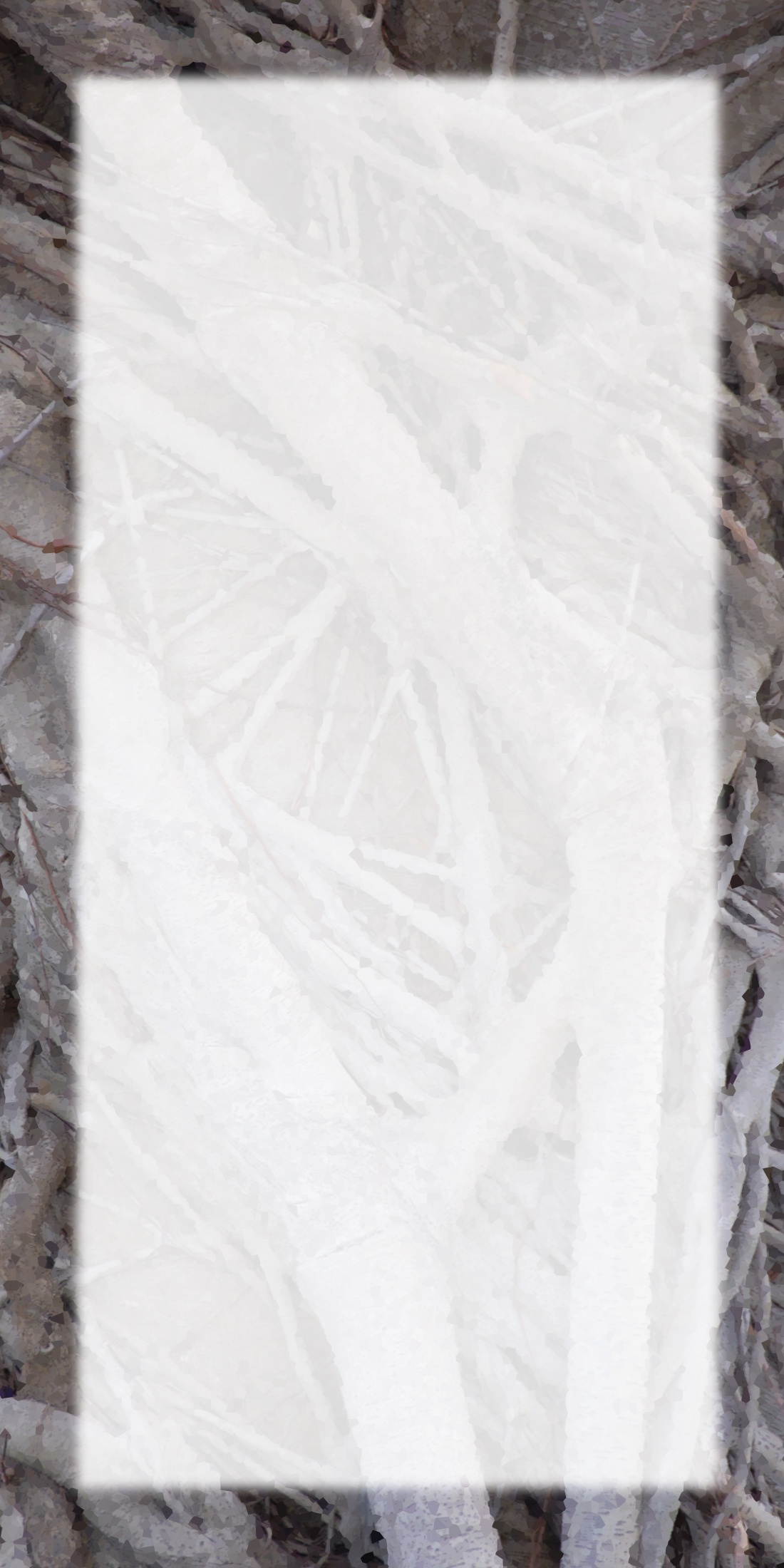Spoils of the Death Road by Sefi Atta
Lubna is waiting for me under the old acacia in town. We bet with pebbles over there. I always win. She is smarter in school because she has a longer memory. Allah, she can even remember what happened to her ten years ago when she was a baby, but she loses our pebble bets every time because I am much faster at thinking ahead.
I stand in a gap between the shadows of the tree branches and shield my eyes from the sunlight. Anyone looking at me might think I’m crying.
“There was a bus crash last night.”
“Allah?” she says.
“Allah.”
“Where?”
“By Gandu Biyu.”
Gandu Biyu is Settlement Two, our town is Settlement Five. We are small settlement towns in this part of Nigeria. The capital city is miles away.
The ground is covered with flattened cardboard boxes on which the taxi drivers have taken naps in the shade. Now, the drivers are gathered around the community tap by the mosque on the other side of the street. They fill their plastic kettles to perform ablution and leave wet patches in the soil. Soon it will be time for afternoon prayers. Men can attend, and boys too. Women have their own separate section to share with girls, but we are not allowed to participate in Friday prayers, not since our sarki barraki banned us.
“Did you bring any kilishi?” Lubna asks.
She is sitting on a hump of tree root. Her hair is covered with a scarf, as mine is. She wears a nose ring, but I don’t care for them because whenever I sneeze they get sticky with mucus.
I raise my hand. “Are you listening? I said there was another crash on the expressway. A bus overturned, people perished, and all you can think of at a time like this is kilishi?”
Sometimes I have to wonder. This is precisely why she always needs to take rests, and why she uses double the cloth I use when our tailor sews her up-and-downs. Lubna eats too much. Kilishi is delicious with Coca-Cola. Chewy. The strips burn your tongue, work your back gums and scrape off your inner cheeks.
“I’m just asking,” she says.
“You, you’re never satisfied.”
“I can’t help feeling hungry.”
“Well food is not always the answer.”
“Was anyone in our town on the bus?”
“No.”
Not one. Still, it is her lack of respect for the dead that I cannot tolerate. She ought to know. We are not that young. Last year, my husband was killed on the expressway. He and I had been betrothed for several years. He was forty-two and prosperous with older wives. Mama was bereft. His surviving brother was a drunk. I should have been passed on to him as part of my husband’s inheritance, but Baba refused. “That useless one with his breath always stinking of burukutu?” he said. “I would rather give my daughter away to a goat.”
“They say the driver’s head rolled into a ditch,” I explain to Lubna. “They say he wasn’t properly secured. They say he will be buried tomorrow, and once he is wrapped up in cloth, no one will know the difference.”
I overheard that from Mama. She sent me out to play. She thought I would be too scared to listen. I wasn’t scared. This is not the first crash we have had on the expressway to the capital. We call it the Death Road around here, and anyway, there was the Christian woman who was burned this year. She refused to step aside for a group of men walking into the mosque for Friday prayers. They asked her nicely and she made the sign of the cross. That wasn’t necessary, but I agree with Mama that the men went too far. They needn’t have set her on fire. They could simply have beaten her up. Baba said she was being unreasonable. She should have stepped aside.

